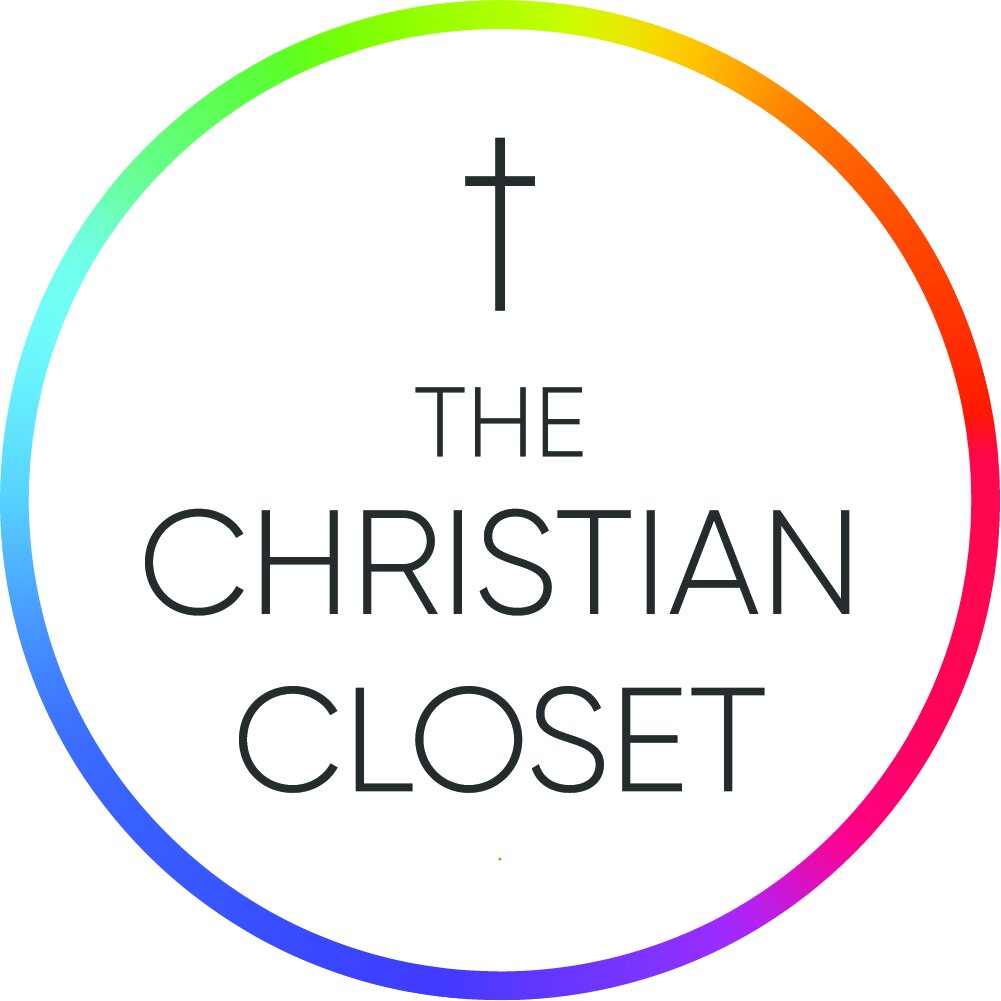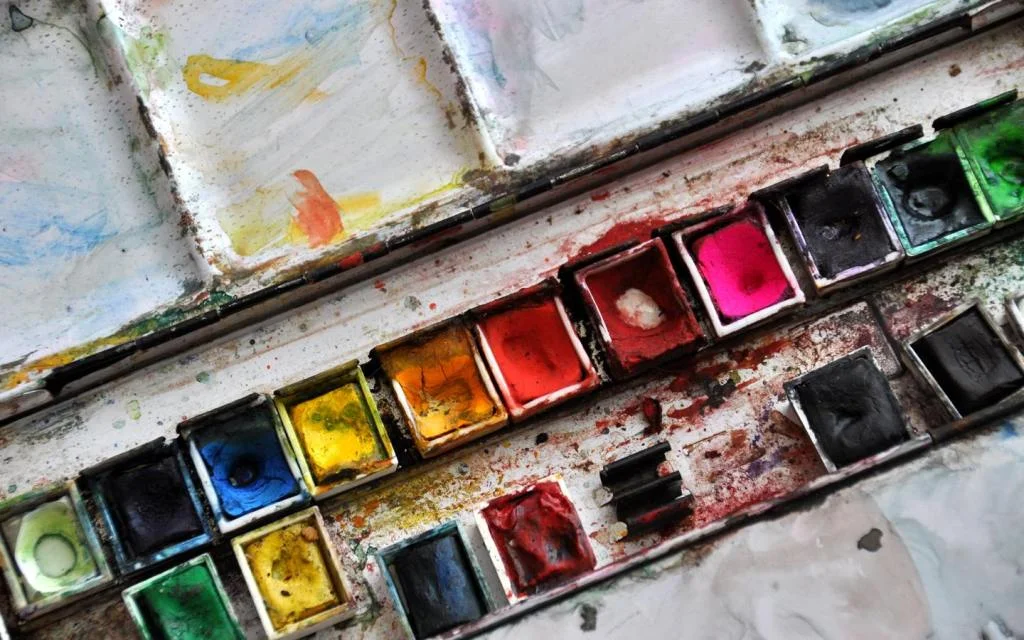Messy Process
There’s not much in my life that I regret. I don’t mean to say that I haven’t made mistakes, but most of the time I’ve been able to work towards peace and redemption in those “messed up” places. That has brought deeper meaning to those experiences. I’m the type of person who works hard to eliminate unresolved issues within my relationships.
But, even after saying (or writing) this, I have regret over three specific friends that I lost in my coming out process. I regret the way it all went down, the way I acted, and don’t see a way that it will ever be fixed. I get a stomachache writing about it, even now, many years later. Even though “it gets better” the truth is, especially in the beginning, the coming out process is messy.
When I finally came out, it had taken me years to come to terms with being gay. I had accepted it, but was still very shaky in fully integrating it into all the parts of my internal world, terrified at being rejected and unable to be patient with any reaction that wasn’t supportive. One time, when I sensed that one of my friends was angry, but was either unaware or unwilling to admit to it, I felt unsafe and scared and ended the relationship. I told her I “couldn’t be in a friendship with an unsafe person during that time in my life.”
Over a decade later, I know my reaction would be so different now if I were in that same position. I would have been able to give empathy for her process and time to work out her feelings in her own way. The way I acted had much more to do with my deep fear of rejection, but I also have compassion on the person I was then. I was a bit of a wreck! But, again, just as the coming out process is messy, it’s also a long, lawyered process. Last week’s guest blog has me reflecting back on those times during my coming out process.
Specifically, last week’s guest blog caused me to think about the messiness of figuring out if you are LGBTQ and really the entire coming out process. I see it much more like a very long road with no clear destination. It takes great courage to evaluate what’s most true about your heart and ask questions you know will bring about drastic changes, loss of relationships and maybe even loss of a job, or ministry.
Brandiilyne spoke to this when she said, “I needed to know whether this was just a phase or if this was a real dilemma. Could this be love? Or was it the ‘demonic force’ that I had been warned about? I began to, cautiously and thoroughly embark on one of the most important journeys of my life, that of self-discovery.”
She and I, really anyone who embarks on the quest to discover the truth of who they are risks everything, even facing the idea that this whole thing could be a “demonic force”. When someone is asking such primal, deep questions we can’t be expected to be our best selves. It is a truly vulnerable thing to allow yourself to re-write and open up the narrative of who you thought you were and begin to ask questions about it. Most people will shy away from such questions at all costs. But when you are LGBTQ, there comes a time when not asking questions of “who am I really” has more of a cost on our souls.
If exploring all this on our own isn’t vulnerable enough, in order to live authentically we need to share this new identity with those in our world; friends, family and even acquaintances over and over again. Can you imagine sharing some of the most vulnerable parts of yourself with everyone in your life while not knowing if they’ll reject you, judge you, or worse, say something that will make you question the whole thing over again?
In fact, its feels important to include a side note of sorts on rejection. I think people assume when someone in the LGBTQ community is rejected it’s this huge, dramatic experience. For example, parents kicking you out of the house, a sibling cutting off communication completely, or getting fired at your job all because you’re gay. This kind of rejection does happen all the time and it’s extremely painful, but there is a much subtler form that happens more frequently. Often times it’s not so clear and is more of a vague feeling of being rejected.
For instance, I recently called a church to see if they were open and affirming to gay people. My wife and I are looking for a church and want to worship somewhere where they won’t tell our kids we’re all going to hell because we’re gay. In the voicemail the pastor left for me, he shared with a very kind tone in his voice how much he wanted to help my family find a church community.
To the outside person, you might not see the rejection in that statement. Instead, you might think how cool and open this pastor is. I mean, it’s not like he’s telling me we’re not welcome at his church! Here’s the thing, he did just that in his words. He was very careful not to say the words, “come to our church.” Instead, he wanted to help us find anotherchurch. What that means is that we aren’t welcome there, or else he would have said so. He would have called me back and said, “Absolutely! Bring your wife and kids this Sunday and please introduce yourself to me when you come! I want to meet you and welcome you to our community!” — just like every pastor is trained to do. Pastors typically want to expand and grow their church, especially if someone expresses interest. The reaction is “I want you here.” It is not “I want to help you find a church community.”
Do you see the vagueness of the rejection? It left me feeling confused and wondering if I made the whole thing up. While I don’t believe this pastor means any harm, he still got the message of rejection across to me. When we have both blatant and vague rejections going on around our identity as an LGBTQ person, when we come out to a new person, it’s always done with quite a bit of baggage. It’s not a fresh new experience where there’s automatic trust and safety felt.
This kind of stress even has a toll on the physical body; many people either gain or lose weight, have a hard time sleeping, and are more susceptible to colds because their immune system is down. It’s a scary, painful time for most LGBTQ people. I’m grateful my journey didn’t end all those years ago in the midst of the messiness where I was unable to stand a vague rejection and sometimes hurting those I loved.
I’m in a very different place in my coming out now than I was years ago when I first uttered the words, “I’m in love with a woman.” But I know that if I had a friend or family member act that same way to me — vaguely angry, but not able to name it — in regards to my being gay, I would never feel inclined to end the relationship. I would be able to easily give space, time and support to my friend. As I read about the messiness in Brandiilyne’s story, I could only imagine how much grace she must need to give herself, just as I do over the people I hurt during my time of trying to figure out how to live authentically as myself. My journey was not finished in one conversation, and neither has hers.
It would be easy for us, the reader to judge her story (or mine), to call out the “moral” dilemmas of the journey and to use it as proof that being LGBTQ is a sin. But here’s the thing, no one truly knows the depth of the moral decisions we each face except God and us. In fact, what I have learned is that the right, true and moral way isn’t always so clear. It’s not up to us to resolve the ethics of someone else’s story, but to hear them, do our best to understand them and love them, even if it gets a bit messy.
While I know I didn’t go into detail about the friendships I lost, I still wish those friends understood the coming out process and all the facets of its messiness. I suppose I think if they understood it enough, they might be able to give our friendship another go. I’ve said I’m sorry for the betrayal, lack of space for their feelings and hurt feelings but somehow it wasn’t enough. I wish I would get a call tomorrow from my friend and I wish she would say that she got it, understood why I was unable to be patient with her process and that she wanted to be friends again. And perhaps some day I will get that call. Just as my process has no destination and takes lots of time, neither do my friends and so even though painful, on some level I still hold out hope for reconciliation some day.

